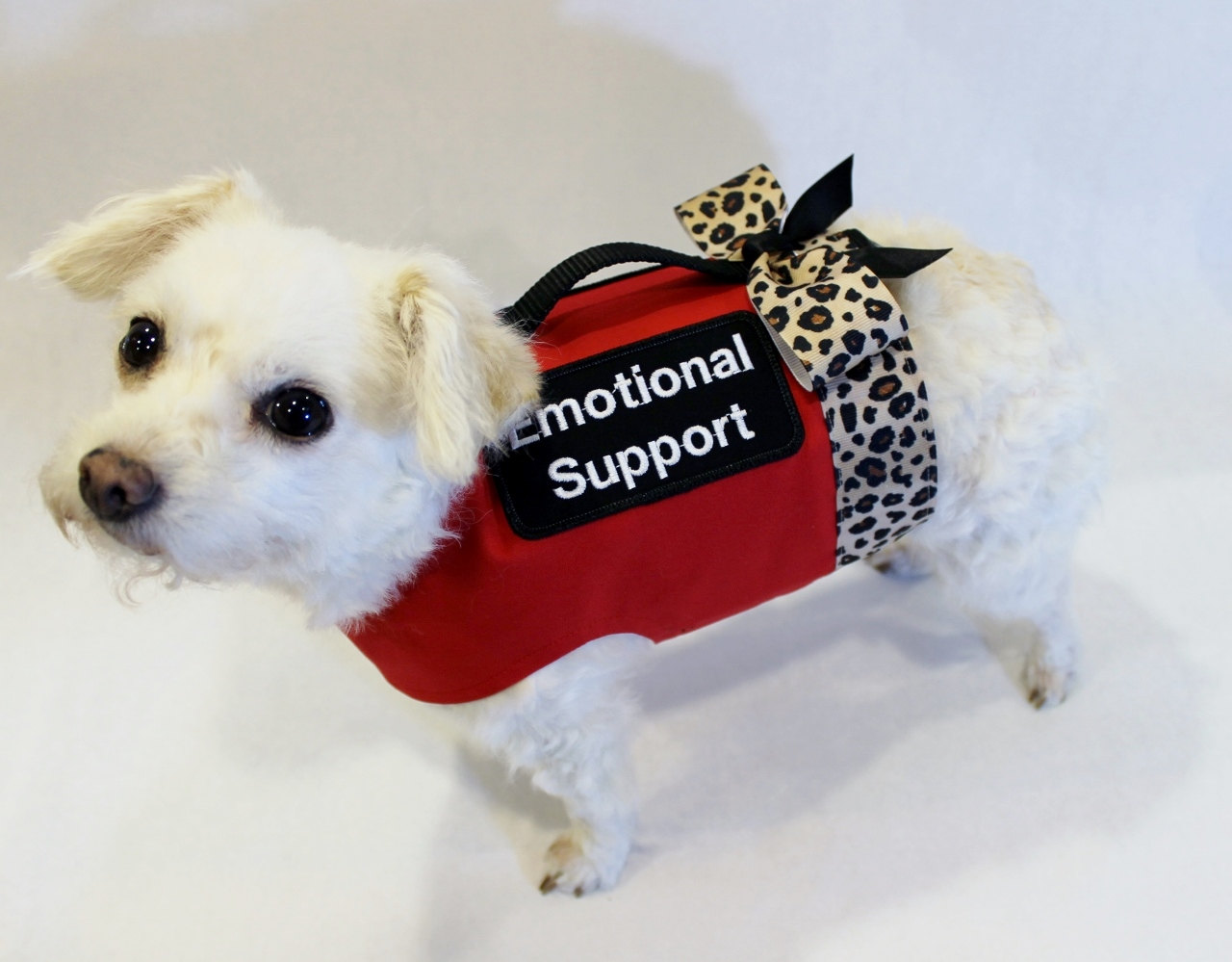BLOG
If your condominium’s governing documents allow dogs and renters, my bet is there’s a large number of both in your community. We get a lot of questions from condominium boards asking how they can reduce the number of renters and dogs in their buildings because – in the words of one manager: “Our building is going to the dogs!”
Depending on the language in your governing documents, you may have to keep living with the dogs unless or until your membership votes to amend them. If your association’s declaration does do not expressly restrict tenants from having pets, then an amendment will be necessary since a rule cannot conflict with a recorded restriction.
Although the association is authorized to adopt and enforce reasonable rules and regulations governing the operation and use of the condominium property, under Florida law in order for such rules to be valid and enforceable they must not contradict a recorded restriction in the association’s governing documents. In general, provisions in the declaration take precedence over any conflicting language in the rules.
 While the Division of Condominiums has upheld and enforced association rules that specifically differentiate between unit owners and tenants, in such cases the declaration contained express provisions to substantiate the rule. Specifically, the Division upheld a condominium association’s rule restricting tenants from maintaining pets on the premises but allowing pet ownership by unit owners. In Grove Isle Condominium Association, Inc. v. Levy, et al, the association’s declaration provided that “[n]o pets may be kept on the condominium property except for usual and ordinary domesticated pets weighing less than twenty-five (25) pounds which may be kept by unit owners . . .” Based upon that provision, the arbitrator held that the board-adopted rule prohibiting tenants from maintaining pets was valid and consistent with the association’s declaration, which specifically granted unit owners the right to own pets – but was silent on the issue of tenants’ rights regarding pet ownership.
While the Division of Condominiums has upheld and enforced association rules that specifically differentiate between unit owners and tenants, in such cases the declaration contained express provisions to substantiate the rule. Specifically, the Division upheld a condominium association’s rule restricting tenants from maintaining pets on the premises but allowing pet ownership by unit owners. In Grove Isle Condominium Association, Inc. v. Levy, et al, the association’s declaration provided that “[n]o pets may be kept on the condominium property except for usual and ordinary domesticated pets weighing less than twenty-five (25) pounds which may be kept by unit owners . . .” Based upon that provision, the arbitrator held that the board-adopted rule prohibiting tenants from maintaining pets was valid and consistent with the association’s declaration, which specifically granted unit owners the right to own pets – but was silent on the issue of tenants’ rights regarding pet ownership.
Similarly, in the arbitration case of Quatraine Condominium II Association v. Bradley, the association’s declaration provided that original owners of the condominium were permitted to maintain pets in the condominium residences. The board adopted a rule which provided that lessees were not allowed to have any pets. The arbitrator held that differential treatment between owners and renters was valid.
As such, we recommend that before your board starts promulgating rules that could be unenforceable and, if challenged, subject your condominium to expensive legal fees, check first with qualified legal counsel with regard to the options in your community.

